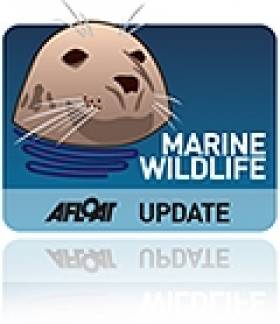Displaying items by tag: BCF Technology Ltd
Whale and Dolphin Strandings On the Rise in 2012
#MARINE WILDLIFE - The rate of cetacean strandings on the Irish coast remains unusually high, according to the Irish Whale and Dolphin Group (IWDG).
The group's Cetacean Stranding Scheme recorded 162 strandings in 2011 which, while numbers do vary from year to year, was 25-30 more than anticipated.
And already this year the numbers are up on last year's 'inexplicable' records for the first quarter.
Some 21 strandings were reported to the IWDG in January alone - the highest ever number recorded for that month, well above the average of 13.
February's figures are even more worrying, with 30 strandings reported this year compared to a five-year average of 11.4.
"As we are now well into 2012, it is clear that the numbers have not returned to what we could have considered to be more normal levels," said the group in a statement.
There is as yet no explanation, whether a single cause or a number of factors, for what might be causing this significant rise in strandings of both live and dead animals, although one curious clue is "the number of carcasses which had washed ashore with tail fluke/fins apparently cut away".
In other IWDG news, the group recently announced the receipt of £2,000 (€2,400) core funding support from Scottish-based veterinary X-ray firm BCF Technology Ltd, which funds a number of charities through its BCF Foundation.





























































